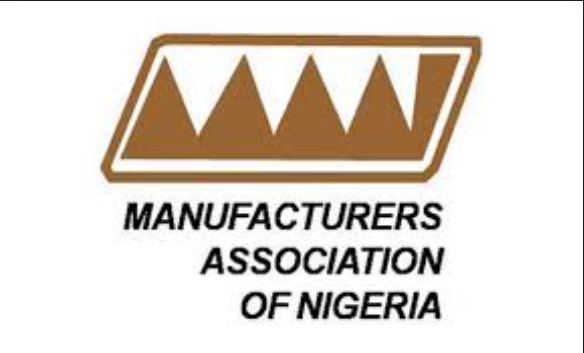The intractable drawbacks caused by bad port access roads and general failure in road infrastructure nationwide have jerked up costs of moving goods from ports to the factories.
However, the Manufacturers Association of Nigeria (MAN), have faulted what if described as worrisome drop in road infrastructure allocations in 2019 appropriation bill which saw budgeted capital allocation to the development of transportation infrastructure to N194.24 billion, a 26.2% reduction from N263.10 billion allocation in 2018.
Accordingly, this observation has forced the duo of MAN and the Lagos Chamber of commerce and Industry (LCCI), to urge the government to look into the Nigeria Industrial Revolution Plan (NIRP), to review provisions the ongoing backward integration policies to revive manufacturing and dearth of business enabling infrastructure.
According to MAN, “Global evidence has shown that no country in the world had ever fully industrialized without a robust railway system. No mention however is made of the need to dredge the various ports outside Lagos State to decongest Tin Can and Wharf ports and reduce the cost of moving goods from ports to the factories”.
Corroborating MAN’s position, the Director-General of the LCCI, Muda Yusuf, decried that the cost of vehicles had risen beyond the reach of most citizens and corporate bodies, as the import substitution strategy that thrives in the context of high domestic value addition failed to address the issues.
He recalled that “The automobile sector was hit by over 100 percent currency depreciation over the last five years and an import levy of 50% on new cars and 25% on used vehicles and commercial vehicles was imposed on operators to reduce importation. This is in addition to the import duty of 20% on new cars and 10% on used vehicles and commercial vehicles.
“The high cost of vehicles has taken a toll on the economy, from a logistics point of view, as all aspects of the nation’s economic and social lives had been negatively impacted by the situation.
“Because over 90% of the country’s freight and human movements are done by road, which implies heavy dependence on cars, commercial buses and trucks, the auto policy in its present form is most inappropriate for an economy that is heavily dependent on road transportation.
“Other implications of the Auto Policy for the economy include high transportation cost resulting from the prohibitive cost of vehicles largely because of the high import tariff and levy; increase in smuggling resulting from the high import duty and levy as well as the huge duty differential with our neighbouring countries; huge loss of customs revenue as vehicle imports from official channels drop and smuggling increases”, LCCI boss averred.









